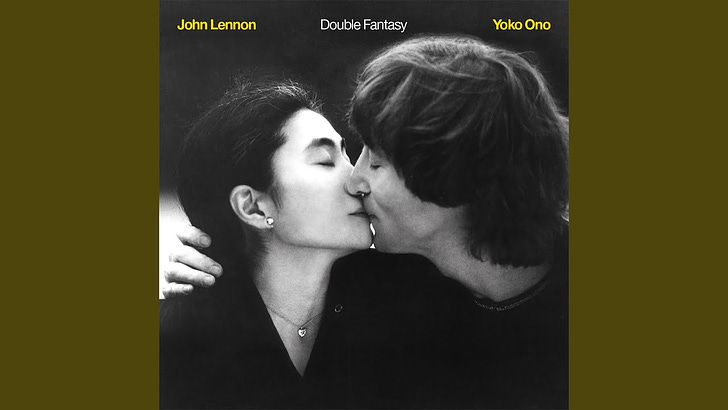There were a few times when I may have been an unwitting participant in a conceptual art piece by Yoko Ono. In "Telephone Piece," according to a 2006 New York Times article, " a phone rings intermittently and passers-by pick it up to find Ms. Ono live at the end of the line."
That opened to me twice, sort of, in the 1980s at my office at New York Newsday. The phone would ring, I would answer it, and it would be a member of Yoko's staff, asking if I wanted to come over to her home at the Dakota to speak with her. They'd send the new album over, we'd make an appointment, and a few days later we'd spend an hour or so drinking tea and chatting about her work. The quotes from Ono below are from my transcript of an interview for a story that appeared in Newsday on September 13, 1984, headlined "Ono Awaits A Brighter Season."
Today, December 8, is still a difficult day for many of us, as it is the anniversary of the 1980 murder of John Lennon by a handgun-wielding assassin. Only four years lat…
Keep reading with a 7-day free trial
Subscribe to Critical Conditions by Wayne Robins to keep reading this post and get 7 days of free access to the full post archives.



